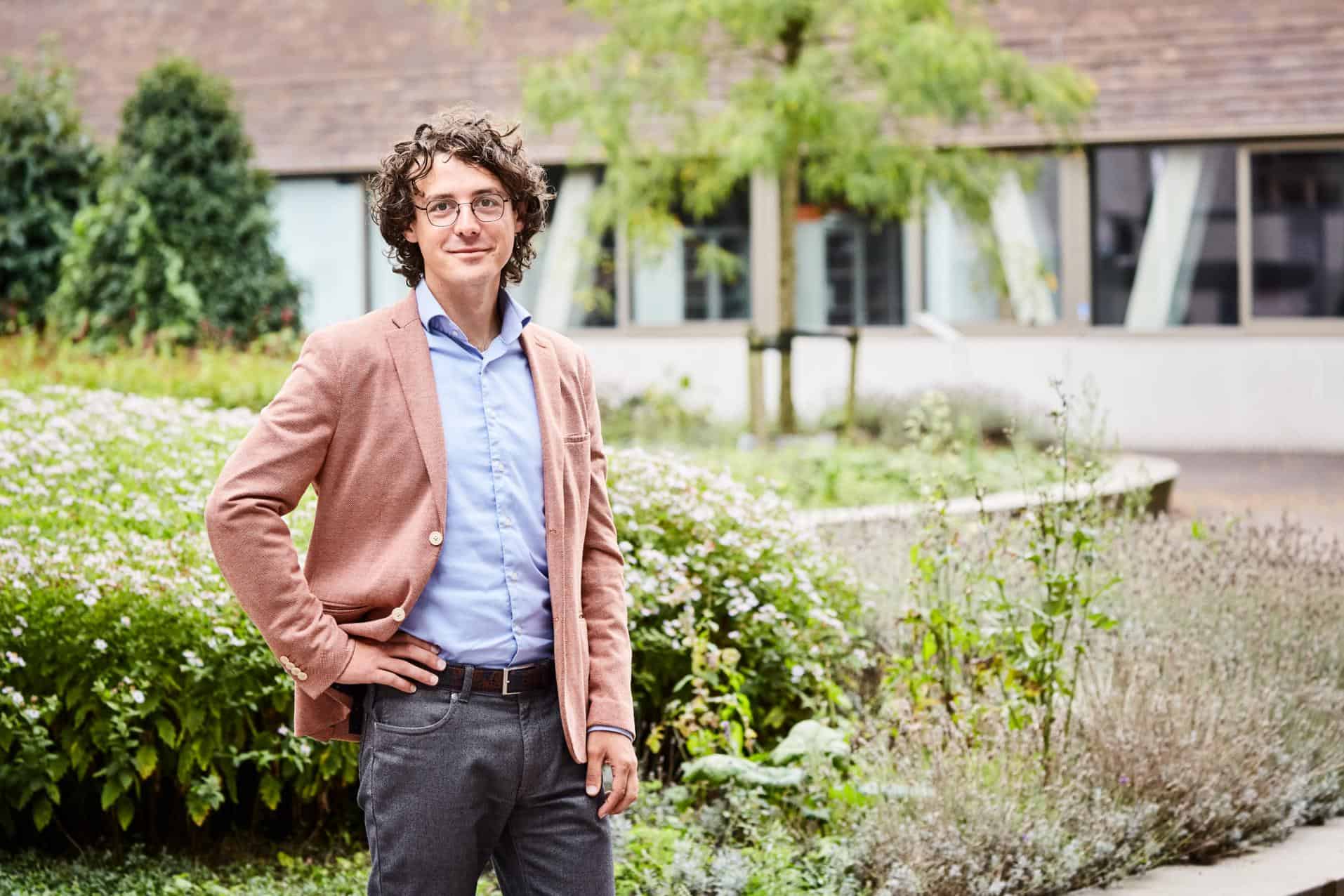
This week, delft-based Zepp.solutions won a €1.98 million grant from the European Just Transition Fund (JTF). The money will allow Zepp to build an advanced factory to produce fuel cell systems. Contributing to a fair transition to a climate-neutral Europe, the JTF sees Zepp’s potential in supporting regional economic sustainability and reducing the negative impact on employment during this transition.
- €2 million in funding has been granted to build a fuel cell plant in Europe’s hydrogen hub;
- The plant will produce fuel cells for various applications, including mobility and energy storage;
- The project is at the heart of Europe’s hydrogen hub and will contribute to the development of a sustainable hydrogen economy in the region.
Leadership position in the hydrogen sector
The plant, which will be located in the Rhine Estuary region, gives Zepp.solutions the opportunity to strengthen its leading position in the growing hydrogen sector in Europe. With support from the Ministry of Economic Affairs and Climate (EZK), the Ministry of Social Affairs and Employment (SZW), and the municipalities in the Greater Rhine Estuary region, Zepp.solutions aim to accelerate the energy transition while promoting resilience in the labor market.
“We are pleased and proud that this important grant from the Just Transition Fund has been awarded to us. This is an important step in establishing a state-of-the-art manufacturing facility for our fuel cell systems. This will enable us to accelerate the development of our technology and scale up production and deployment of these hydrogen systems in the coming years,” said Jonas Brendelberger, co-founder of zepp.solutions.

Fully integrated systems that replace diesel engines
The plant will be used to produce Zepp’s fully integrated hydrogen fuel cell modules Y50 and X150. These fuel cell modules efficiently convert hydrogen gas into usable high-voltage electrical power that can be used to power vehicles, ships, or other heavy machinery. Current applications include the Rotterdam Water Taxi, excavators used in the construction industry, and a 67-meter-long barge. The first two trucks with Zepp’s fuel cell systems will hit the road later this year.
“The Zepp team is looking forward to increasing our contribution to a climate-neutral Europe. Each of our systems ultimately replaces a polluting diesel engine, reducing 111 to 332 tons of CO2 emissions per year per system. Our fuel cell technology offers an impressive power density significantly higher than our competition’s. This higher power density enables the integration of hydrogen technology into more heavy-duty applications. We are maximizing the potential impact of the technology,” said Brendelberger.
Scaling up production
The plant enables Zepp.solutions to scale production to 1,000 systems per year, creating approximately 100 sustainable hydrogen jobs in the region. By focusing on producing their emission-free fuel cell systems, Zepp.solutions are contributing to the region’s ambitious goal of becoming the European hydrogen hub.







